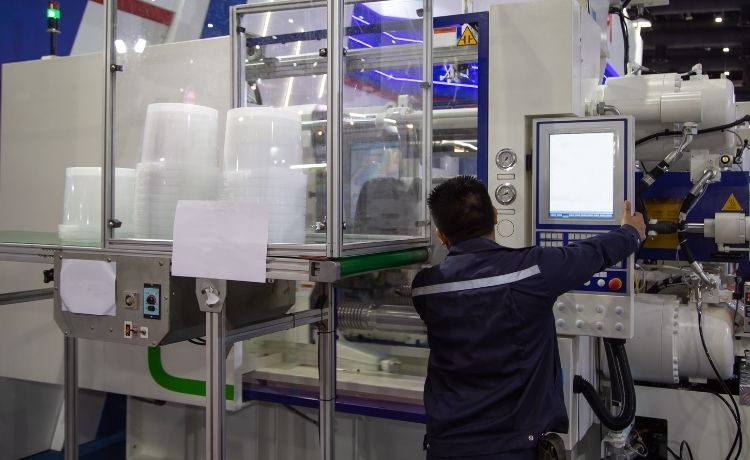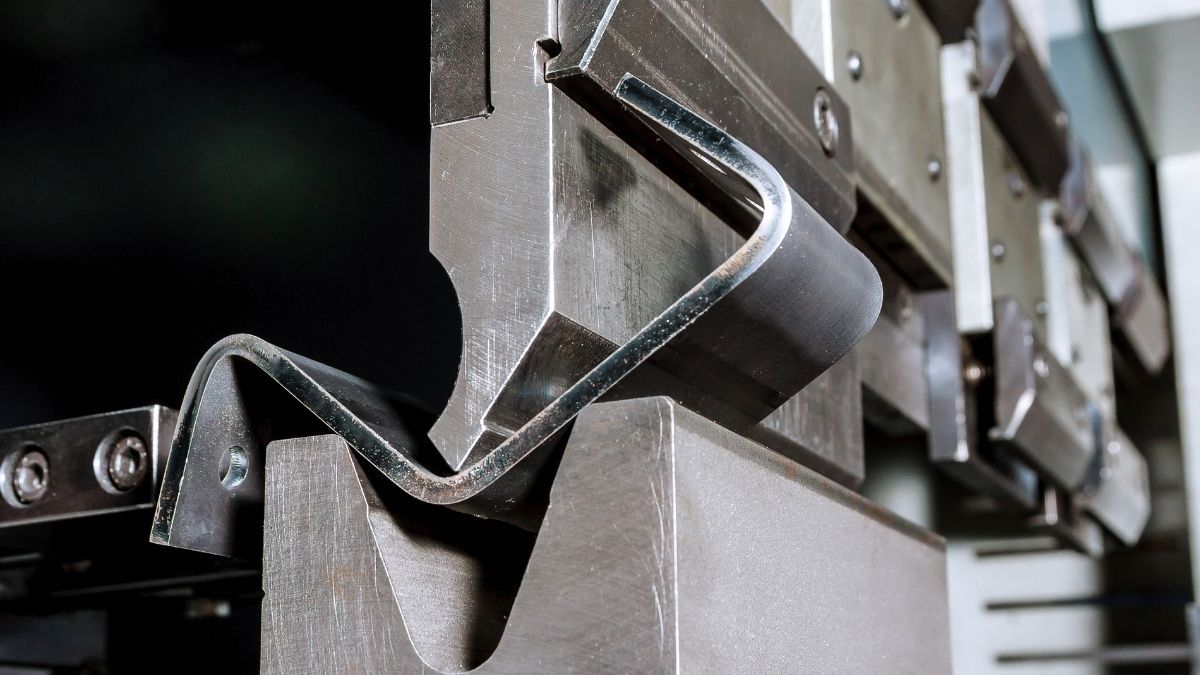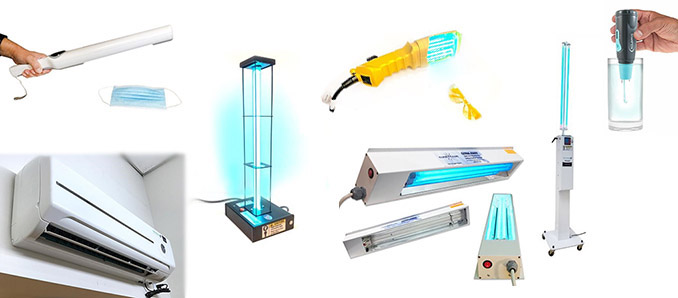Reaction injection molding (RIM) is a popular part molding process used in a variety of different industries such as the medical device, electronic, IT, laboratory equipment, and defense industries. It involves injecting a liquid chemical mixture with a low viscosity into a heated aluminum mold, where it will expand and harden to form strong, lightweight parts.
Because the part molding process you choose can have a substantial impact on cost, quality, appearance, and design, it is important to be aware of the positive and negative aspects before making a decision. Here are some of the key pros and cons of reaction injection molding to consider.
Pros of Reaction Injection Molding
Design Freedom: One of the main benefits of RIM is the design freedom that it offers. By providing the unique ability to create walls with variable thicknesses, encapsulate metals and electronics, and mold in attachments, RIM offers unparalleled design flexibility.
Low Tooling Cost: Because the reaction injection molding process takes place at low temperatures and pressures, it does not require a highly durable tool like most other molding processes. Instead of expensive metals such as steel, RIM uses tooling made from low-cost aluminum, greatly reducing the tooling costs involved—especially for larger, more complex parts.
Aesthetic Appearance: Largely in part to the amazing design freedom RIM offers, choosing RIM for your production process will allow you to create parts that have a sophisticated, aesthetically appealing appearance.
Cons of Reaction Injection Molding
Higher Individual Part Production Cost: While the tooling cost of RIM is lower than other molding processes, the individual part production cost is generally higher. As such, RIM is not ideal for parts that need to be produced in very high quantities.
Lead Time: To create a high-quality product, it is important to make a high-quality mold. However, doing so can take several weeks or months. Those on shorter production timelines may benefit from choosing a process with shorter lead times than RIM.














 Deering Estate
Deering Estate
 Massage Envy South Miami
Massage Envy South Miami
 Calla Blow Dry
Calla Blow Dry
 My Derma Clinic
My Derma Clinic
 Sushi Maki
Sushi Maki
 Sports Grill
Sports Grill
 The Healthy Kitchen
The Healthy Kitchen
 Golden Rule Seafood
Golden Rule Seafood
 Malanga Cuban Café
Malanga Cuban Café

 Kathleen Ballard
Kathleen Ballard
 Panter, Panter & Sampedro
Panter, Panter & Sampedro
 Vintage Liquors
Vintage Liquors
 The Dog from Ipanema
The Dog from Ipanema
 Rubinstein Family Chiropractic
Rubinstein Family Chiropractic
 Your Pet’s Best
Your Pet’s Best
 Indigo Republic
Indigo Republic




 ATR Luxury Homes
ATR Luxury Homes


 2112 Design Studio
2112 Design Studio
 Hamilton Fox & Company
Hamilton Fox & Company
 Creative Design Services
Creative Design Services
 Best Pest Professionals
Best Pest Professionals
 HD Tree Services
HD Tree Services
 Trinity Air Conditioning Company
Trinity Air Conditioning Company
 Cisca Construction & Development
Cisca Construction & Development
 Mosquito Joe
Mosquito Joe
 Cutler Bay Solar Solutions
Cutler Bay Solar Solutions


 Miami Royal Ballet & Dance
Miami Royal Ballet & Dance
 Christopher Columbus
Christopher Columbus
 Pineview Preschools
Pineview Preschools
 Westminster
Westminster
 Carrollton
Carrollton
 Lil’ Jungle
Lil’ Jungle
 Frost Science Museum
Frost Science Museum
 Palmer Trinity School
Palmer Trinity School
 South Florida Music
South Florida Music
 Pinecrest Orthodontics
Pinecrest Orthodontics
 Dr. Bob Pediatric Dentist
Dr. Bob Pediatric Dentist
 d.pediatrics
d.pediatrics
 South Miami Women’s Health
South Miami Women’s Health

 The Spot Barbershop
The Spot Barbershop
 My Derma Clinic
My Derma Clinic




 Miami Dance Project
Miami Dance Project

 Rubinstein Family Chiropractic
Rubinstein Family Chiropractic
 Indigo Republic
Indigo Republic

 Safes Universe
Safes Universe
 Vintage Liquors
Vintage Liquors
 Evenings Delight
Evenings Delight





 Atchana’s Homegrown Thai
Atchana’s Homegrown Thai
 Baptist Health South Florida
Baptist Health South Florida

 Laser Eye Center of Miami
Laser Eye Center of Miami
 Visiting Angels
Visiting Angels
 OpusCare of South Florida
OpusCare of South Florida

 Your Pet’s Best
Your Pet’s Best





 HD Tree Services
HD Tree Services
 Hamilton Fox & Company
Hamilton Fox & Company


 Creative Design Services
Creative Design Services